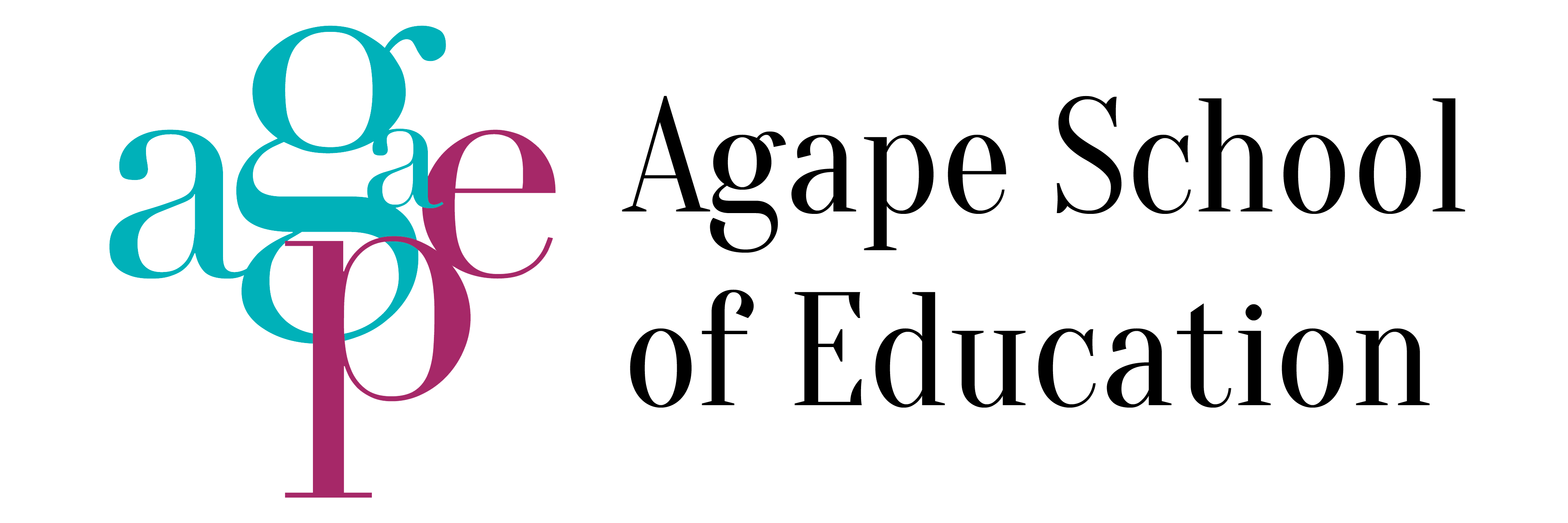In Singapore, our curriculum is structured such that children are exposed to English and a second language at the tender age of 7. Many are exposed to a second language at a younger age as their parents are bi- or multi-lingual. Many researchers have published studies indicating that a exposure to a second language at a young age is beneficial for the child’s learning ability and mental processes.
Perhaps this is due to linguist and neurologist, Eric Heinz Lenneberg’s, critical period theory. In a nutshell, his theory states that children who have not yet hit puberty have the most capacity to learn a new language. This is because younger children are thought to use both sides of the brain for learning but as we get older, language learning is localised primarily in the left hemisphere. Therefore, when we are younger, learning a new language is thought to be more of a natural and intuitive process.
Children learn using information and stimuli from their environment. On the other hand, adults learn language as part of a conscious process and therefore require strict instruction and, more importantly, intention. However, this theory has come under scrutiny and debate recently. While researchers have always debated over the length of the critical period, the debate now surrounds the efficacy of this period of learning. Some have also cast doubts about the existence of the critical period all together.
If exposed to a certain language at a young age, does this guarantee that the child will be fluent in that language throughout their life? Are adult learners simply wasting their time in language classes?
The good news is, there is no ‘magical’ period of learning, where you can ‘soak up language like a sponge’. Every level of learning requires intent and work. While it may seem like children are fast learners, this does not guarantee that the child will remain fluent throughout their lives. Indeed, this does not even guarantee that the child learns the language properly. Grammar is not an innate thing, but rather a learnt skill. Therefore, while it is important to teach a child proper language acquisition, it does not restrict an adult from learning a new language.
So, how does the brain ‘learn’ new languages?
Our brains form new connections whenever we learn new information. This malleability of the brain is most optimal in children, therefore their ability to retain new information is better than that of an adult. However, no amount of learning can help and adult or a child if the intent to learn is not present. This is where older learners (anyone past puberty) benefit, because more often than not, these learners understand the important of learning a new language.
Many more factors apart from age and malleability of the brain play a part in acquiring a new language. These factors are also different between students and therefore when learning a new language, it is important that the teacher understand these different needs. At Agape School of Education, we ensure that each student is taught in the most effective way possible. Our teachers identify the needs of individual students and tailor classes accordingly. With regular student reports and assessments, we ensure that our students are on the right track and allow them to monitor themselves. Perhaps most importantly, we aspire to inspire a love for language in our students, young or experienced.
While there might not be an ideal age for language learning, there is certainly no time like the present to take up learning a new language. Contact us today for more information or view and book a course and get started!





0 Comments